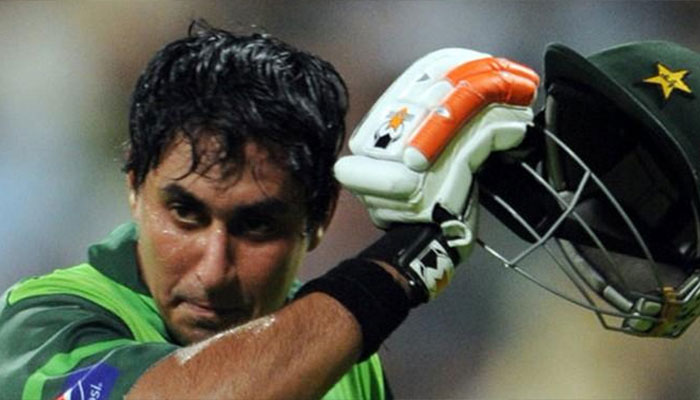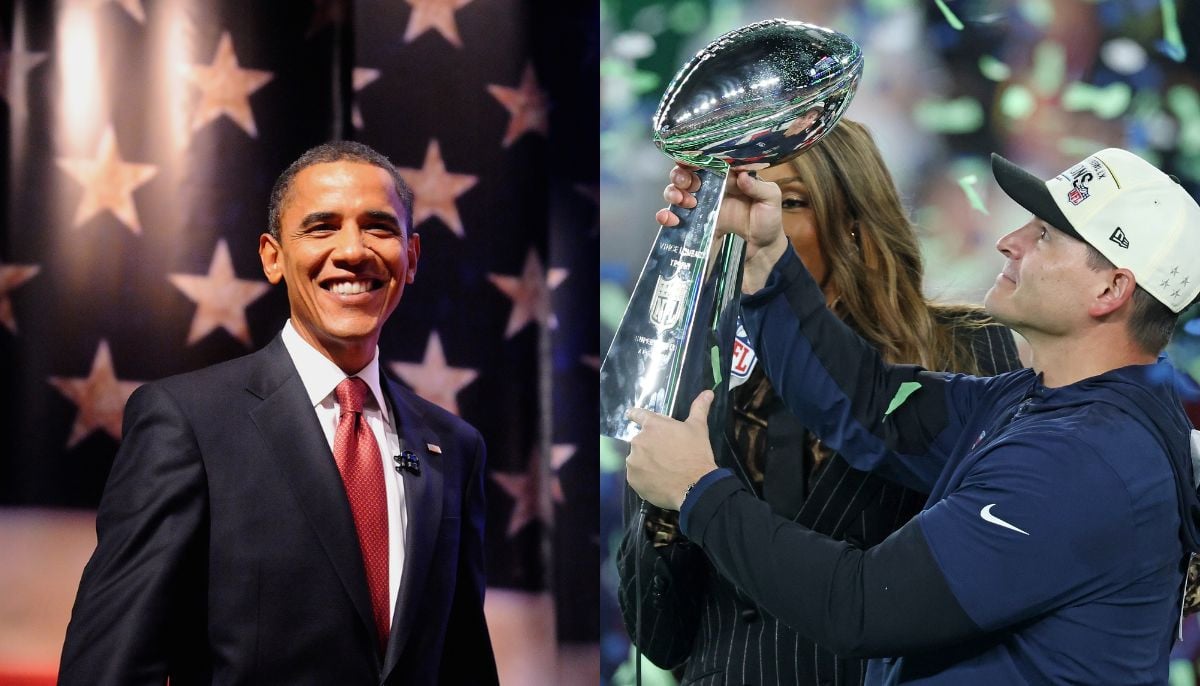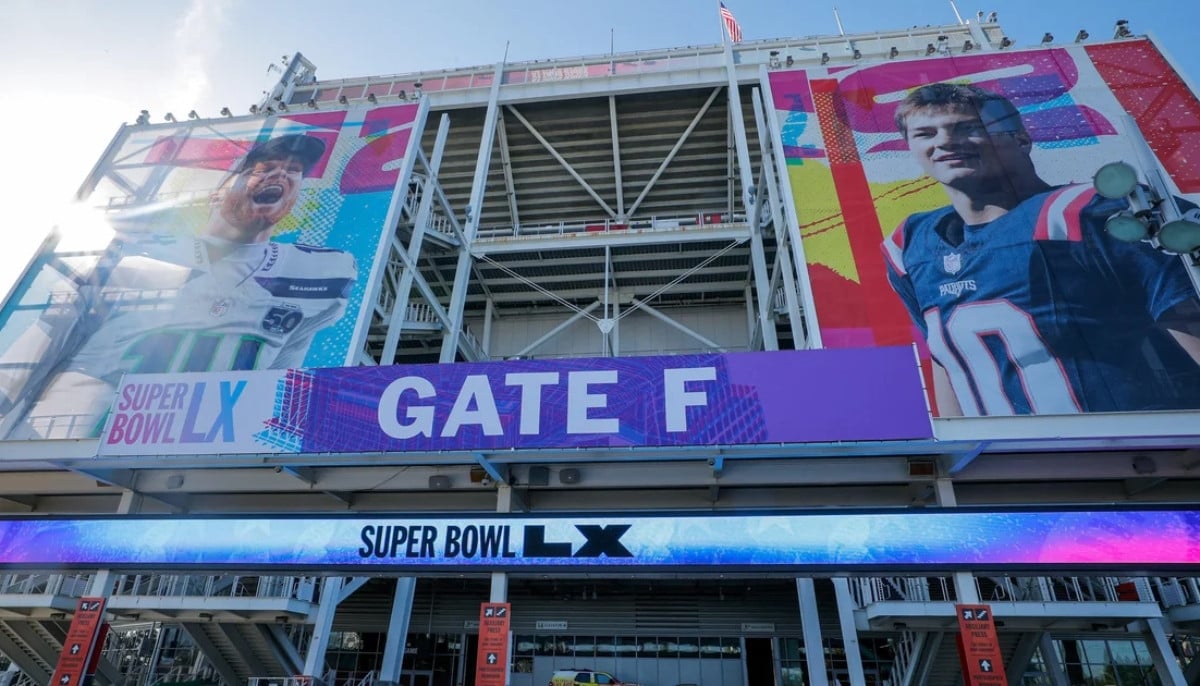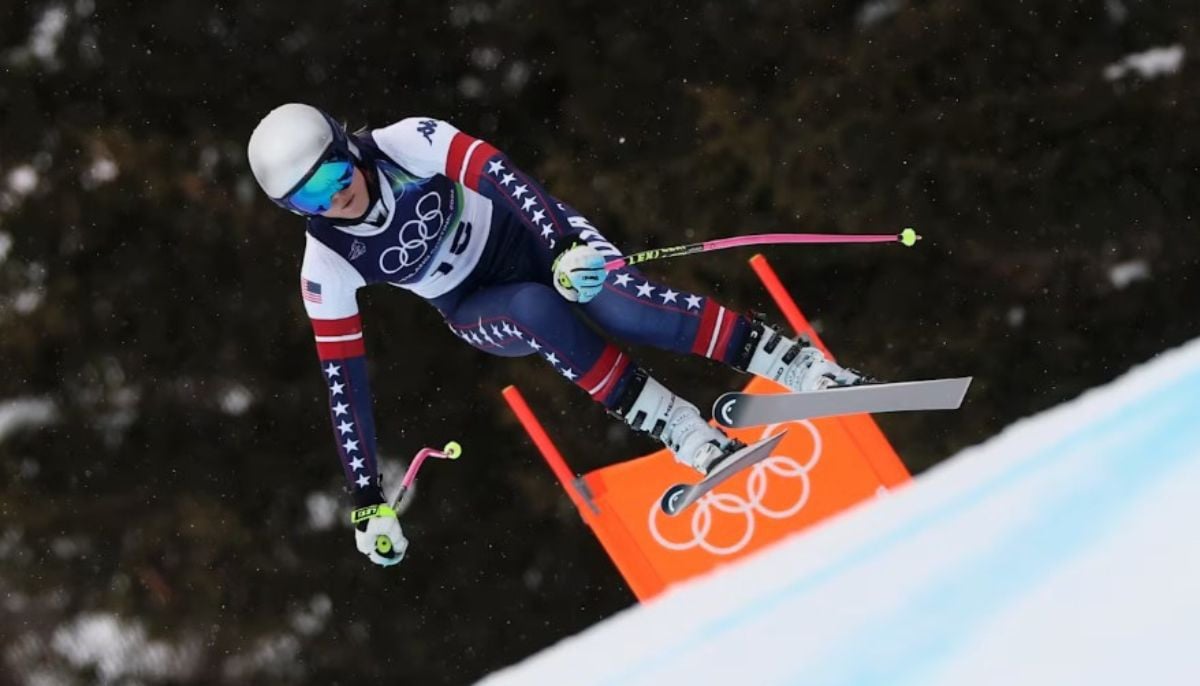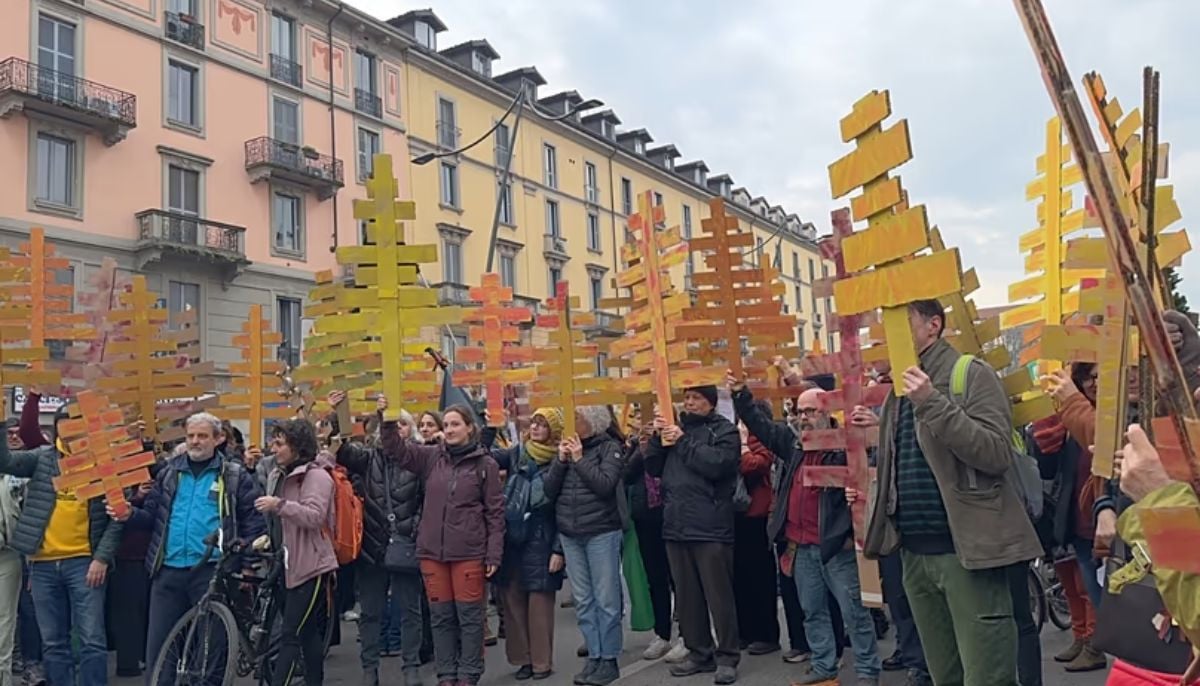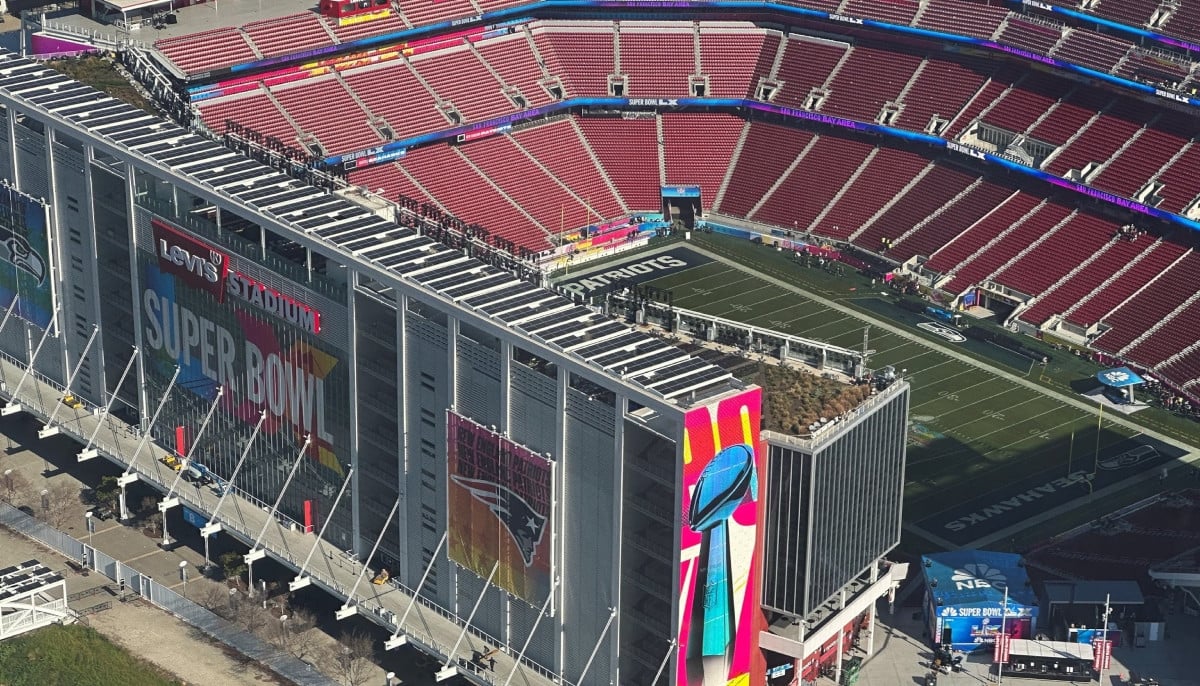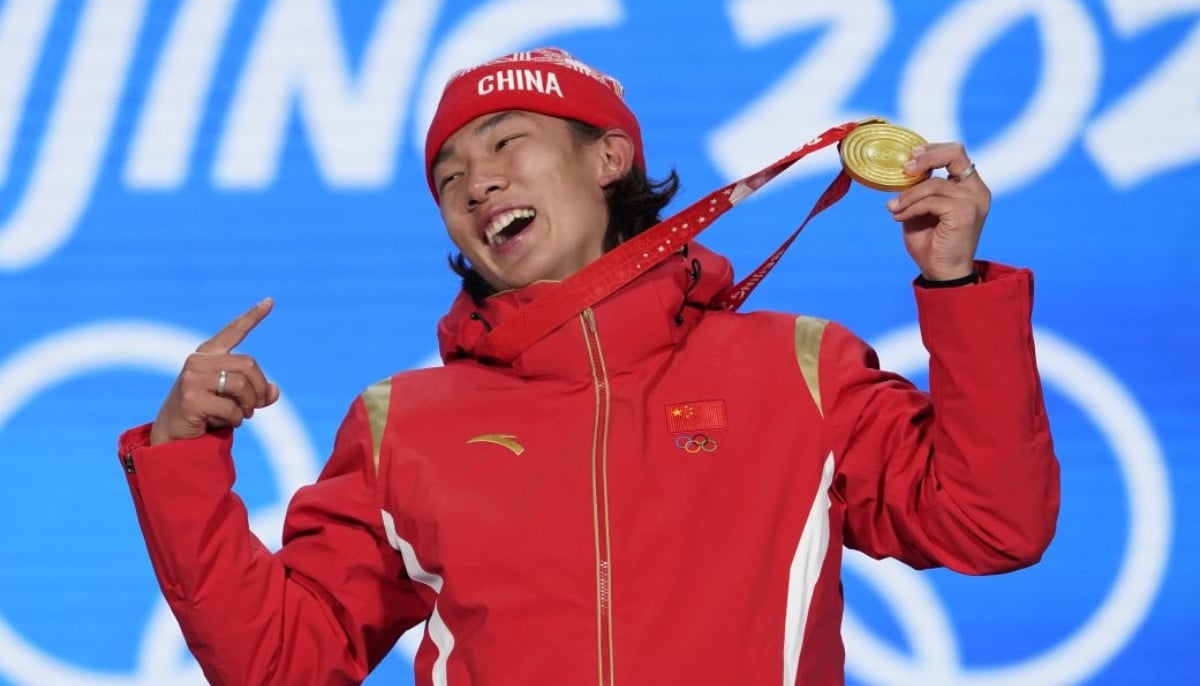Nasir Jamshed pleads guilty in cricket bribery conspiracy
Nasir Jamshaid, 33, from Walsall, who has represented Pakistan more than 60 times, had been on trial at Manchester Crown Court but changed his plea on Monday.
LONDON: Professional Pakistani cricketer Nasir Jamshed has pleaded guilty over conspiring to bribe fellow players to spot fix in a Twenty20 match.
Nasir Jamshed, 33, from Walsall, who has represented Pakistan more than 60 times, had been on trial at Manchester Crown Court but changed his plea on Monday.
Two other men, Yousef Anwar, 36, from Slough - described as the ringleader - and Mohammed Ijaz, 34, from Sheffield, had admitted committing bribery before the trial got under way.
Nasir Jamshed will be sentenced on February 9, 2020.
Opening the case, prosecutor Andrew Thomas QC said an undercover police officer infiltrated the spot-fixing network by posing as a member of a corrupt betting-syndicate.
His work led to the uncovering of an attempted fix in the Bangladesh Premier League (BPL) towards the end of 2016 and an actual fix in the Pakistan Super League (PSL) in February 2017.
In both cases, an opening batsman in the Twenty20 tournaments had agreed to not score runs from the first two balls of an over in return for payment.
Jamshed was said to be the target of bribery in the Bangladesh "two dot ball" plan.
He then turned perpetrator as a go-between who encouraged other players to spot-fix at a PSL fixture between Islamabad United and Peshawar Zalmi in Dubai on February 9.
The authorities were tipped off about the agreement and allowed the game to go ahead as opening batsman Sharjeel Khan purposely scored no runs off the first two balls of the second over.
Thomas told the jury the case arose out of an investigation by the National Crime Agency and that the undercover operative was introduced to Anwar, who was suspected of involvement in bribery and match-fixing in international cricket.
Their first meeting was at a hotel in Slough, in November 2016, where Anwar said he had six players working for him in the BPL.
Anwar freely admitted being involved in spot-fixing for about 10 years, said Thomas, and went on to discuss spot-fix fees with payment split between players and fixers.
At a further meeting at the same hotel, Anwar told the officer the names of his players including Jamshed and fellow opening batsman Sharjeel Khan, who both played for the Rangpur Riders.
Jamshed later went on to agree to undertake a two dot ball fix in a match against Dhaka Dynamites, the court heard, but it was called off when the batsman did not give all the pre-arranged signals – which included the use of certain coloured batting grips.
Another match on December 3, against Barisal Bulls was identified, but Jamshed did not play as he was dropped from the team as the BPL season ended.
In January 2017, Anwar met up with the undercover officer and Jamshed at a restaurant in Birmingham, the court was told, where Khan and a team-mate, Khalid Latif, were lined up for the next fix in the PSL.
Messages were sent between Anwar and Jamshed immediately before and after the fix took place, which included discussions about payment, the court heard.
Players including Khan were challenged by the authorities after the game and statements were taken and mobile phones were seized, Thomas said.
When Latif's bag was searched, a number of coloured grips - brought from the UK to Dubai by Anwar - were found, the prosecutor added.
Last year Jamshed was banned from playing cricket for 10 years following an investigation by the Pakistan Cricket Board's anti-corruption unit. Khan and Latif both received five-year bans.
-
Where is Super Bowl 2026 taking place? Everything to know about the NFL showdown
-
Winter Olympics 2026: Lindsey Vonn’s Olympic comeback ends in devastating downhill crash
-
Winter Olympics 2026: When & where to watch the iconic Ice dance ?
-
Winter Olympics 2026: Milan protestors rally against the Games as environmentally, economically ‘unsustainable’
-
How long is the Super Bowl? Average game time and halftime show explained
-
James Pearce Jr. arrested in Florida after alleged domestic dispute, Falcons respond
-
Cavaliers vs Kings: James Harden shines late in Cleveland debut win
-
2026 Winter Olympics snowboarding: Su Yiming wins bronze and completes medal set
